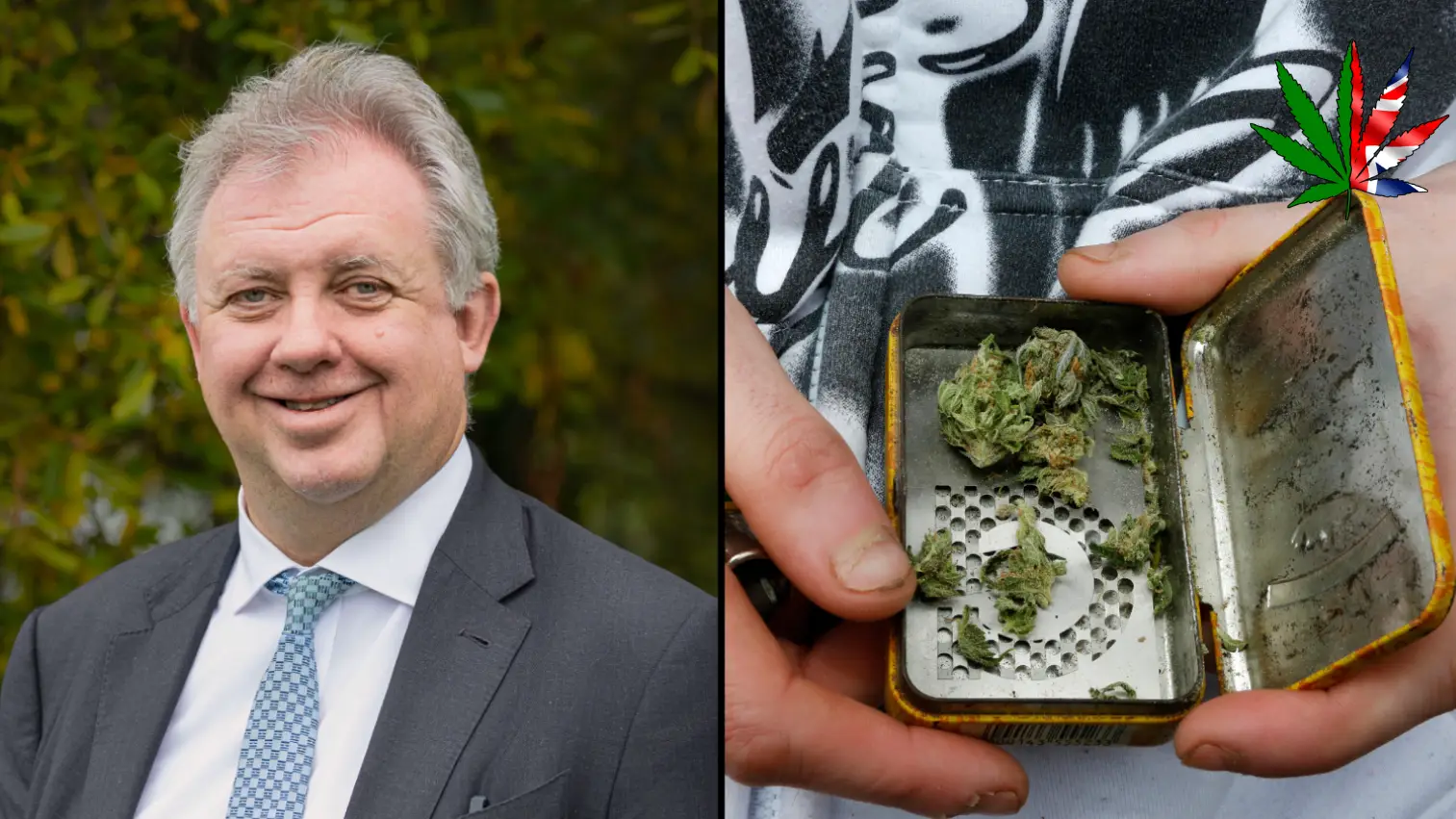
In 2018, the UK legalised the use of medicinal cannabis.
It was hoped by some that this would see us enter a brave new world, where weed was freely available for recreational use.
But while it's certainly opened the debate, we're no closer to enjoying the hazy cafe-lined streets of Amsterdam as we were a few years ago.
And one person who hopes it remains this way is the Police and Crime Commissioner for Dorset David Sidwick.
Advert
Last year, he called for cannabis to be pulled up from a Class B to a Class A drug, ranking it alongside the likes of 'hard' drugs like cocaine and heroin.
Fortunately for the pro-reefer collective out there, though, he was unsuccessful, with many criticising him for not supporting the move towards regulation.
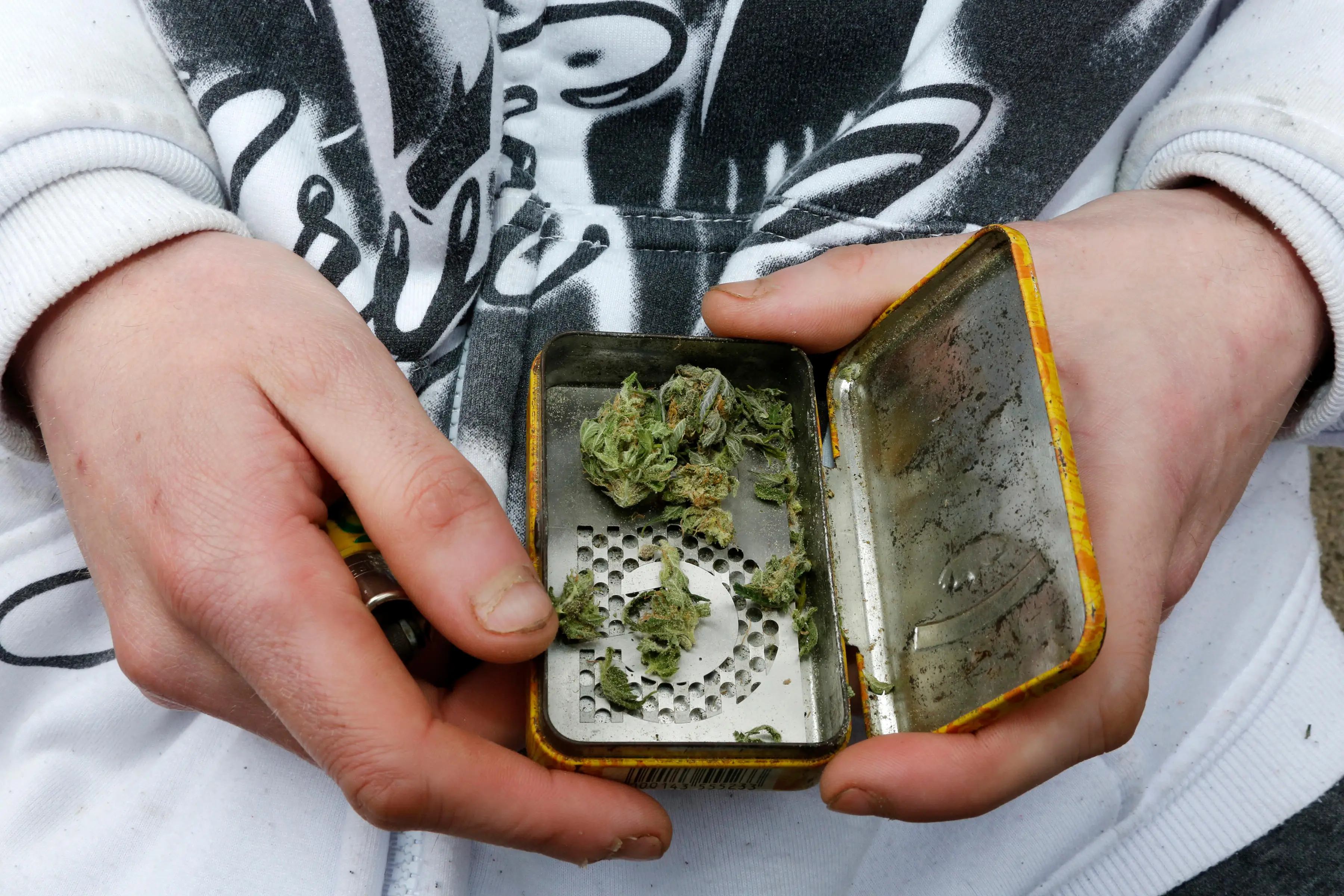
Speaking to LADbible, Mr Sidwick says he believes legalising weed would open the floodgates, causing unimaginable harm to the most vulnerable in society.
"The question should be, 'What does cannabis add to society?' Prove that this drug is safe and actually helps people, prove that it makes society better," Mr Sidwick tells us.
One of the strongest arguments put forward for legalisation is that it would help undercut gangs, putting an end to street dealing.
Sadly, however, Mr Sidwick says this is simply not true.
"What we're seeing across in those areas where you have legalisation is that it hasn't changed it," he says.
"In California, for example, that's been legalised for a couple of years, a few years now. What you would expect then is for there to be less illegal cannabis on the streets, but in actual fact, about 80 percent of the market is still from illegal sources.
"And if you think about it, it makes sense. If the only alcohol that you could get was Bud Light, would you be a happy bunny, probably not."
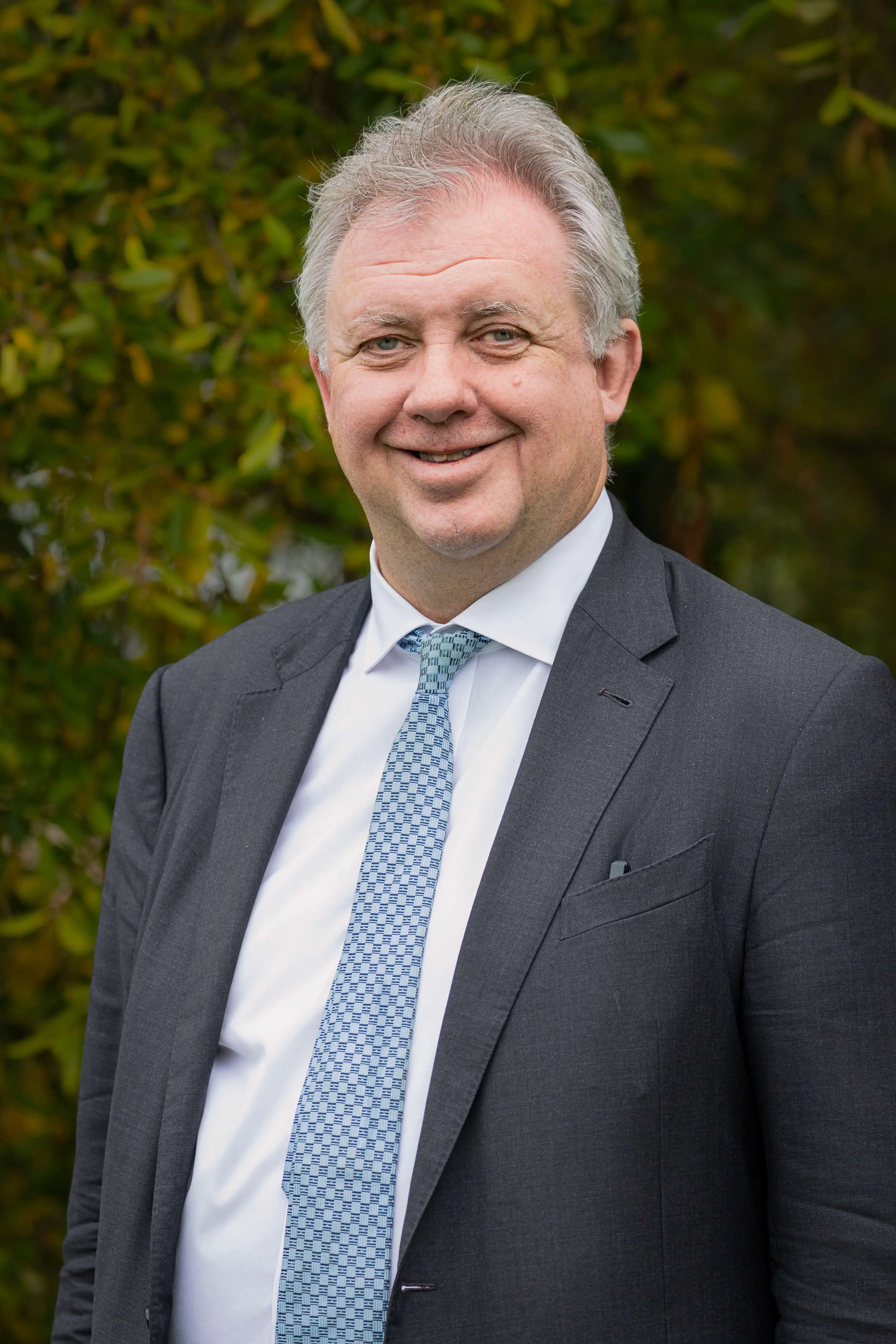
In fact, far from removing crime, Dorset's PCC argues that legalisation will undoubtedly lead to more anti-social behaviour, and plunge many, many more lives into despair.
That's why he believes that preventing people from getting hooked on drugs is just as important as locking people up.
And with cannabis being a 'gateway' to harder substances, he say it needs to be targeted.
"At the moment, most of the money is geared towards the treatment of a Class A drugs, so only heroin and cocaine," Mr Sidwick explains.
"When we look at the kids in this country, the young people, the drug they're most addicted to is cannabis.
"We've got to stop people getting on a Class A drugs, but there's hardly anything about the gateway drugs such as cannabis, ketamine, and MDMA, nobody ever talks about that. And so you need a lot more funding into the treatment in order to address it."
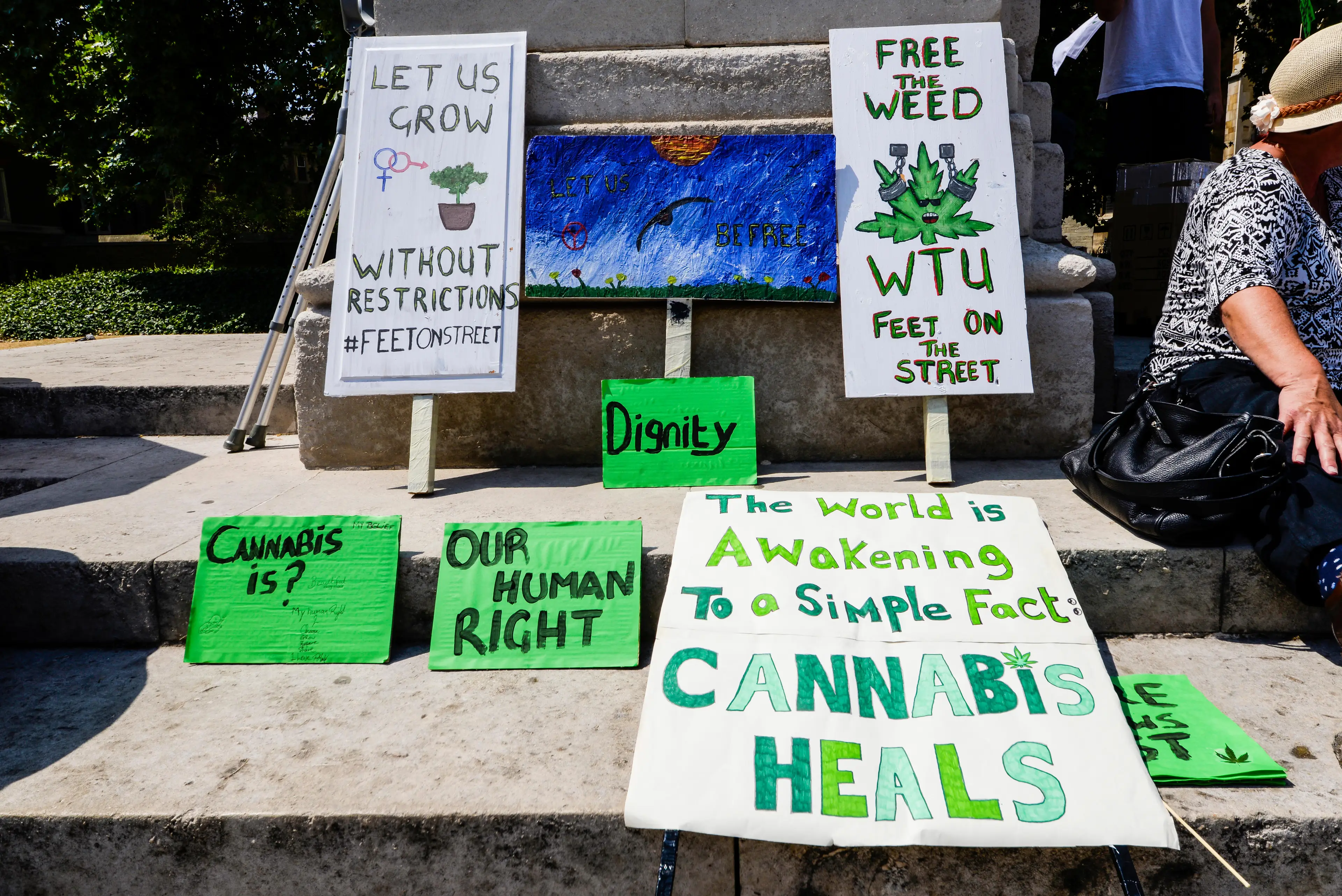
Looking towards other countries, Mr Sidwick is adamant that legalisation of weed has been a complete and total failure, especially when it comes to health outcomes.
"I think that's now pretty clear," he says. "In Portugal, there's been a 30-fold increase since decriminalisation, in the US, every four minutes someone's hospitalised for cannabis-induced psychosis, and in Scotland, there's been a significant increase 74 percent in hospitalisation for psychiatric issues.
"Testicular cancer, the most common male cancer, that is significantly increased in those areas where there's legalised cannabis use, such as the United States. And it's not just one cancer, it's a number of different cancers.
"And then, when you also look at birth defects, in some studies, it looks like cannabis is associated with up to over 80."
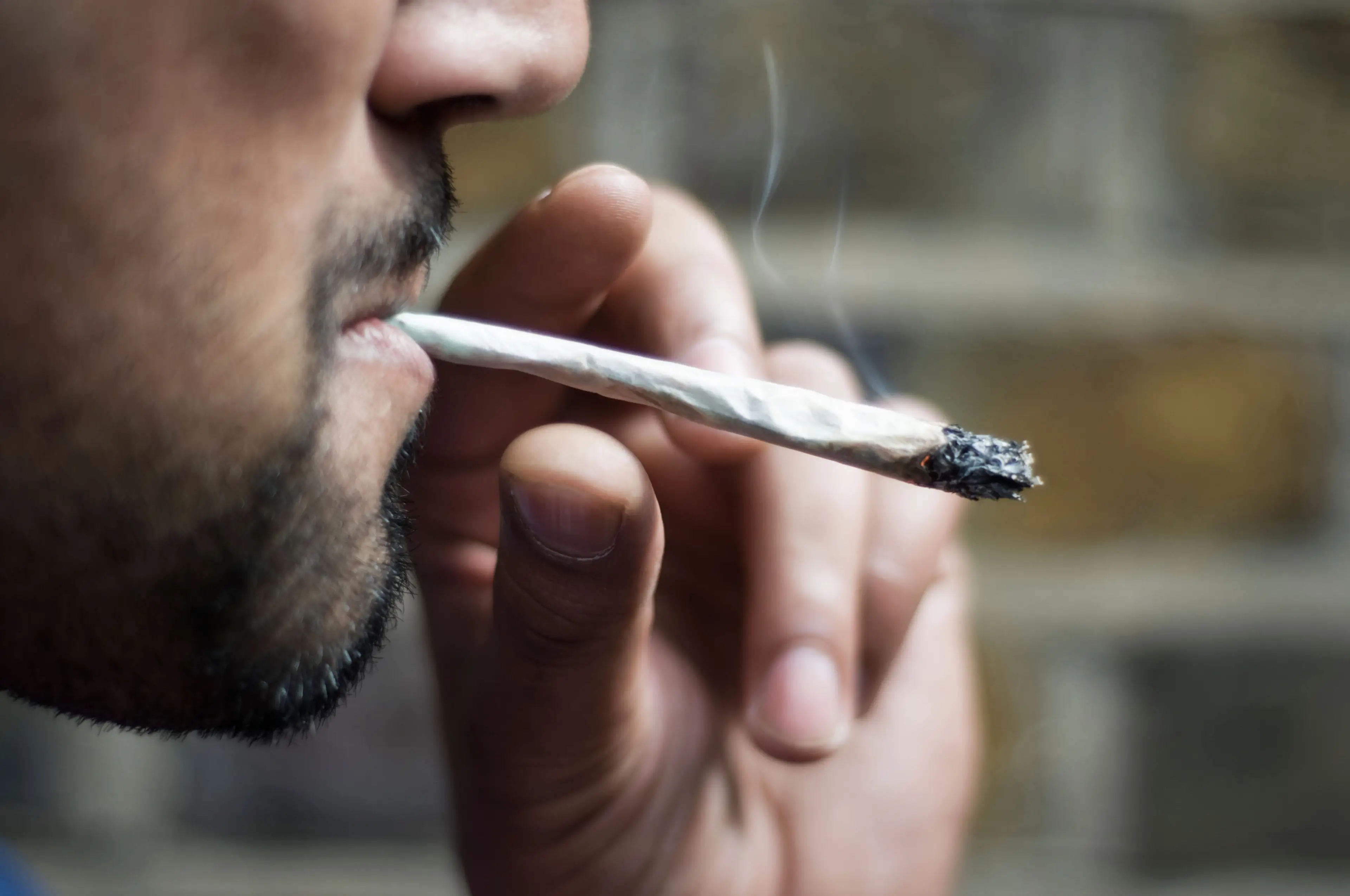
As a result, Mr Sidwick is hopeful that the UK will not follow in the footsteps of the US and Canada, and potentially Germany, by decriminalising and regulating weed.
And far from that, he believes that we have to be much tougher in our approach to the drug.
"If there's one thing I would say, it's that this is about future generations now," he says. "It's about our kids, their kids; what sort of sort of society we want.
"I think we can do a lot better than we are if we get those three things in place, enforcement, treatment, but above all prevention, and take our glasses off and remove the romance about this thing. Because in no way is it romantic?"